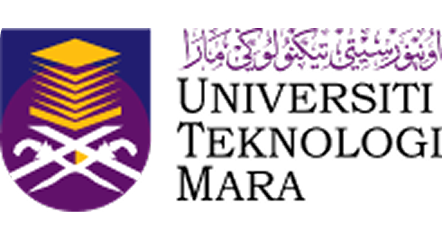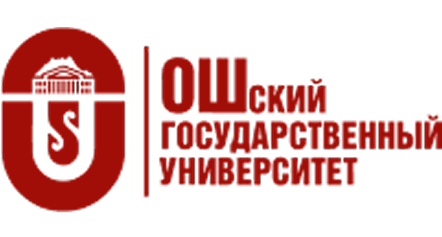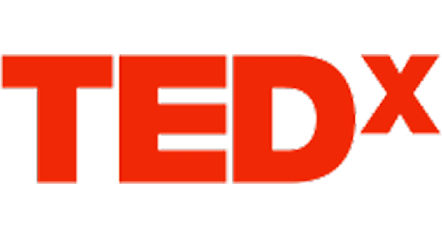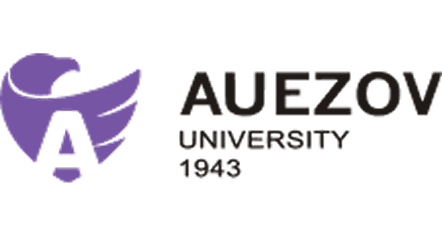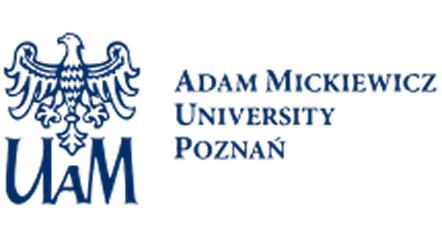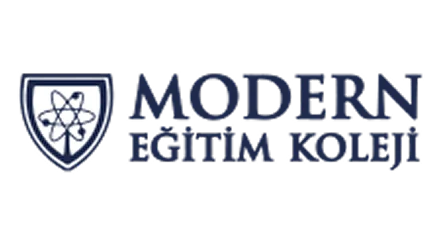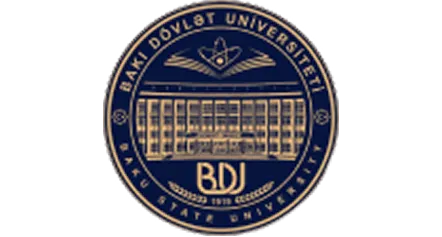Economics
- Name of the Program: Economics
- Duration: 4 years (Bachelor) and 2 years (Master)
- Field of Studies: Medicine
- Level of Higher Education: First and Second (Bachelor’s and Master’s) Levels
- Language of Instructions: English
Introduction
The Economics degree program at New Campus Business School offers a comprehensive exploration of economic principles, analytical tools, and real-world applications that influence decisions at individual, business, and government levels. In today’s rapidly evolving global economy, a deep understanding of economic concepts and critical thinking skills is essential to navigate complex market dynamics, public policies, and international trade. The Economics program presents a rigorous and engaging curriculum that balances theoretical foundations with practical insights, preparing graduates to become innovative problem solvers, strategic thinkers, and ethical leaders in various sectors.
Economics serves as a social science that explains human behavior, resource allocation, and the impacts of policies on society. The New Campus Business School fosters an appreciation of how economic forces influence everything from individual choices and business strategies to government interventions and global development. Through a combination of core courses and specialized electives, international students develop expertise in microeconomics, macroeconomics, econometrics, and applied economics, equipping them to analyze data, evaluate economic policies, and contribute to evidence-based decision-making.
The Economics program’s curriculum emphasizes the development of both quantitative and qualitative skills. Engagement with statistical methods, mathematical modeling, and empirical research techniques underpins modern economic analysis. At the same time, critical thinking about economic theories, ethical considerations, and societal impacts of economic activity is encouraged. Courses such as behavioral economics, environmental economics, and development economics broaden perspectives on pressing global challenges, including sustainability, inequality, and economic growth in emerging markets.
A distinctive feature of the Economics program at New Campus Business School lies in its strong focus on real-world relevance and experiential learning. Access to cutting-edge tools and software commonly used in economic research and business analytics enhances the educational experience. Practical projects, case studies, and internships are integrated to bridge theory and practice, allowing application of knowledge to solve complex problems in finance, public policy, international trade, and other fields. Faculty members, who are accomplished economists and industry experts, provide mentorship and foster an intellectually stimulating environment.
New Campus Business School graduates of the Economics degree program demonstrate readiness for careers across a wide array of industries and roles. Whether employed by financial institutions, government agencies, consulting firms, multinational corporations, or non-profit organizations, these graduates bring a strong analytical foundation, strategic mindset, and ethical awareness to their professional work. The Economics program serves as an excellent pathway for those pursuing advanced studies in economics, business administration, law, or public policy.
New Campus Business School emphasizes nurturing leaders capable of harnessing economic knowledge to drive innovation, promote sustainable development, and enhance societal well-being. The Economics degree program cultivates curiosity, resilience, and adaptability – essential traits for success in a dynamic global economy. Enrollment in this vibrant academic community marks a transformative journey, empowering international students to make meaningful contributions to their communities and the world.
Core Subjects
- Principles of Microeconomics;
- Principles of Macroeconomics;
- Intermediate Microeconomics;
- Intermediate Macroeconomics;
- Econometrics;
- Mathematical Economics;
- Statistical Methods for Economists;
- International Economics;
- Development Economics;
- Public Economics;
- Labor Economics;
- Industrial Organization;
- Environmental Economics;
- Monetary Economics;
- Financial Economics;
- Game Theory;
- Behavioral Economics;
- Health Economics;
- Agricultural Economics;
- Urban and Regional Economics;
- Economic History;
- Cost-Benefit Analysis;
- Law and Economics;
- Economic Policy Analysis;
- International Trade Theory;
- International Finance;
- Time Series Analysis;
- Economic Forecasting;
- Energy Economics;
- Research Methods in Economics.
Learning Outcomes
Graduates of the Economics degree program at New Campus Business School demonstrate a solid foundation in economic theory, quantitative analysis, and policy evaluation. They possess the analytical tools necessary to understand how individuals, institutions, and governments make decisions regarding the allocation of scarce resources, and how these decisions influence markets, growth, inequality, and global development. International students develop the ability to apply both microeconomic and macroeconomic principles to real-world problems. They examine consumer behavior, market structures, pricing strategies, fiscal and monetary policy, labor markets, and international trade. Through rigorous training in statistics, econometrics, and data interpretation, New Campus Business School graduates acquire strong quantitative skills used to test hypotheses, forecast economic trends, and evaluate policy effectiveness.
Critical thinking and problem-solving are key outcomes of the Economics program. International students analyze complex economic issues, assess the costs and benefits of policy options, and make informed recommendations based on empirical evidence. Their capacity to integrate economic theory with data-driven research enables them to contribute meaningfully to decision-making in both the public and private sectors. The Economics program fosters a global perspective by exploring how economic systems interact in a connected world. New Campus Business School graduates understand the economic implications of globalization, trade agreements, and financial markets, as well as the economic dimensions of pressing challenges such as climate change, inequality, and digital transformation.
Communication and presentation skills are emphasized throughout the Economics program curriculum. International students express complex economic ideas clearly and persuasively in both written and oral forms, tailored to audiences ranging from technical experts to policymakers and the general public. New Campus Business School graduates are prepared to pursue careers in economic analysis, financial services, public policy, consultancy, and international organizations. Their broad, interdisciplinary skill set enables them to engage with economic issues in a thoughtful, data-informed, and ethically responsible manner.









